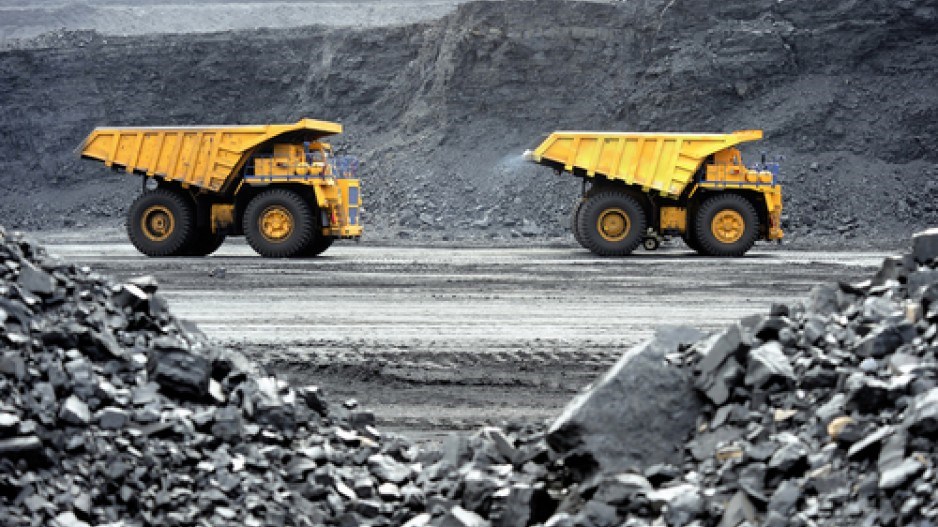Last week, in an effort to show how easy it is for someone to stake a mineral claim in B.C., Bev Sellars, chairwoman of B.C.’s First Nations Women Advocating Responsible Mining, filed a mineral claim on land owned by Energy and Mines Minister Bill Bennett.
It was timed for last week’s Association for Mineral Exploration BC’s Roundup 2017 conference.
Sellars said it cost only $104.89 to stake the claim, and it was done without Bennett’s knowledge.
Her point was to highlight that mineral claims are often filed on land claimed by First Nations without their knowledge.
But there’s a reason for that, Bennett said during a January 25 panel discussion on government policies that included BC Green Party Leader Andrew Weaver and NDP energy and mines critic Doug Donaldson.
“I don’t think you want to go out and tell the world, ‘You know, I’m thinking about staking a claim over there, so I’m going to go out and talk to people and see whether it’s OK,’” Bennett said. “Maybe somebody else is going to stake the claim before you do.”
Filing a claim is one thing, but getting permission to do exploration work, like drilling, involves a fair amount of bureaucracy and consultation. Developing it into a mine typically takes a decade.
“You can’t go dig a hole because you registered a claim,” Bennett said. “All it gives you a right to do is apply for a permit to go dig a hole, and when you do that the process allows for consultation with communities, with First Nations, before the permit is granted.”
While junior mining companies complain there is too much bureaucracy in B.C., especially with respect to environmental processes, Weaver argued the real problem is lack of public trust in a system that uses the “professional reliance” model, which puts the onus on private companies to hire consultants to do the work that Weaver said should be done by an impartial body.
He said public servants become “rubber-stampers” and pointed to a court decision last week in which an environmental permit for the storing of contaminated soil in a quarry near Shawnigan Lake was suspended and sent back to an environmental appeal board as the most recent example of a “broken” system.
“Mount Polley is another example,” he said. “We cannot continue in British Columbia with a professional reliance model that leads to … ‘shopping for the answer you want’ type mentality in terms of the environmental assessment process.”
But because the Green Party has little chance of forming the next government in B.C., some attending the government policies panel wanted to know where the NDP stands on issues that are important to mining and exploration.
Donaldson declined to give a yes or no answer to one exploration company’s question as to whether an NDP government would maintain the right of entry that allows exploration companies to conduct exploration on private land.•




